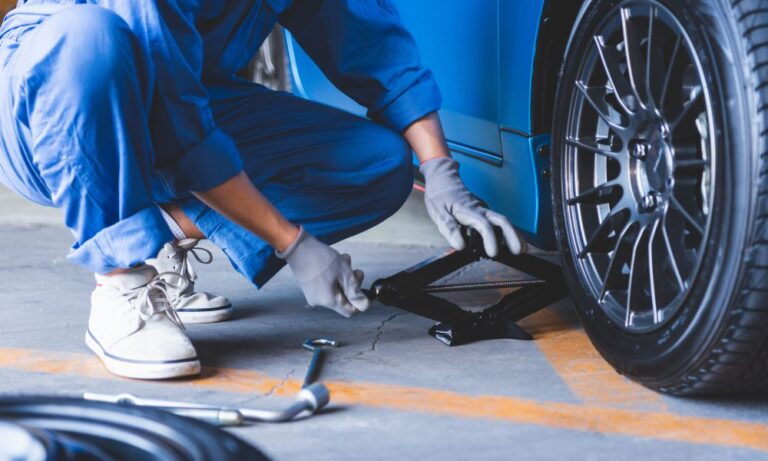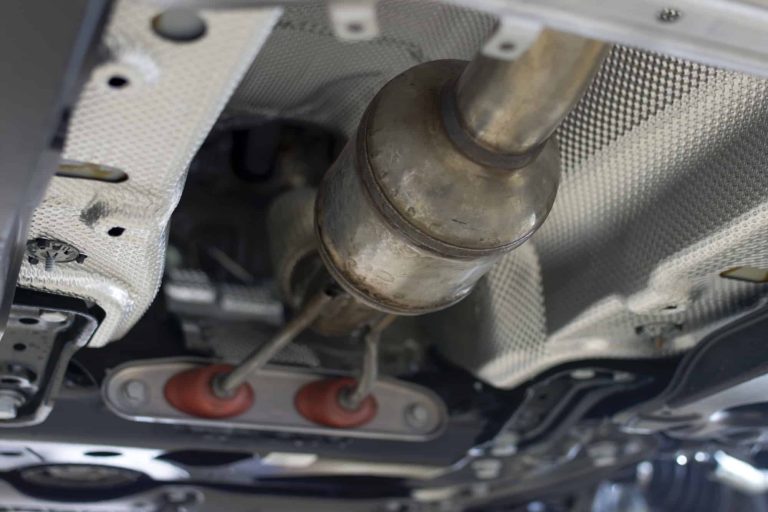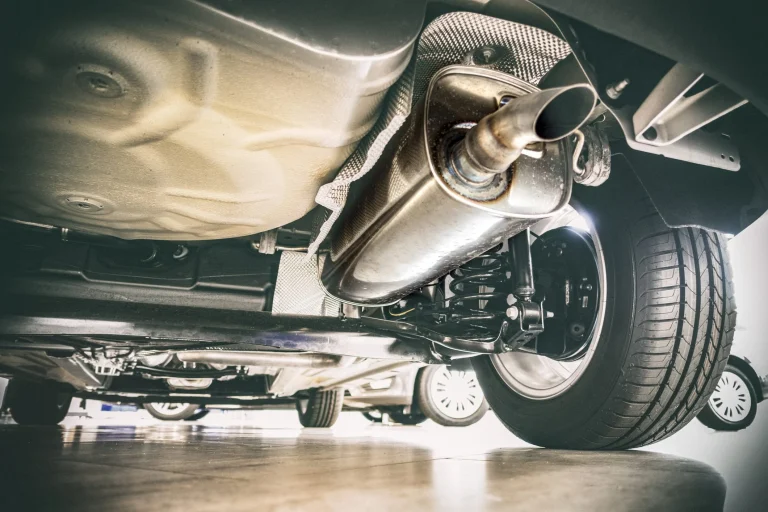How Long Do Tires Last?
Introduction
Tires are a critical part of every vehicle. They connect your car to the road and directly affect your safety, comfort, and fuel use. Many drivers ask, “How long do tires last?” The answer varies based on factors such as how you drive, how well you maintain your vehicle, and the conditions of the roads you travel on. Knowing what to expect helps you avoid problems, stay safe, and plan ahead.
Average Lifespan: How Long Do Tires Last?
Most last between 25,000 and 50,000 miles. This is about 5 to 6 years of normal driving for many people. However, this range should be seen only as a general guideline.
It may last longer or wear out sooner. It depends on how you drive, the climate where you live, and how well you maintain them.
Many tire makers recommend replacing them every 6 years, even if they look fine. After 10 years, you must replace them. Rubber breaks down over time. Old ones can lose strength and fail without warning.
Different types of tires also wear at different rates:
- All-season: Made for daily driving. They often last longer than other types.
- Performance tires: These have softer rubber. They grip the road better but wear out faster.
- Off-road tires: Designed for rough terrain. They can wear quickly on rocks and dirt.
If you are wondering how long do tires last on different vehicles, always check the manual and manufacturer guidelines.
What Affects How Long Tires Last?
Many things can change how long your tires last. Here are the most common factors:
Driving Habits
The way you drive has a big impact. Accelerating rapidly, braking suddenly, and taking tight turns lead to faster tread deterioration. Smooth driving helps your tyres last longer.
Road Conditions
Bad roads speed up wear. Potholes, gravel, and hot pavement can damage the rubber. If you often drive in rough conditions, check them more often, as these issues can also lead to problems like tire feathering.
Maintenance
Taking care of your tires is key. Poor alignment causes uneven wear. Unbalanced wheels create vibration and shorten life. Low tire pressure also damages the tread.
Tire Quality
Not all tires are the same. High-quality brands often last longer. Budget tires may save money at first, but can wear out sooner.
Storage
When storing, put them somewhere cool and dry. Heat and moisture can break down rubber. Avoid leaving them in direct sunlight or damp spaces.
How to Know When to Replace
It is important to watch for signs that your tires are wearing out. Here are clear warnings:
- Low Tread Depth: Use a tread gauge or the penny test. If the tread is under 2/32 inch, replace the tire.
- Cracks or Bulges: Look for cracks in the sidewalls. Bulges mean the tire is weak inside.
- Vibration: If your car shakes, it can be a sign of tire damage or balance problems.
- Uneven Wear: This usually indicates that your wheels are misaligned.
- Age: Even when the tread looks good, you should replace them once they’re 6–10 years old.
If you are unsure how long your tires will last, have a professional look at them. It is better to be safe than sorry.
Tips to Make Tires Last Longer
Taking good care of your tires can help them last thousands of miles longer. Follow these simple tips:
- Rotation Schedule: Switch their positions every 5,000–8,000 miles. This spreads out wear and helps you see how long do tires last with good rotation.
- Keep Them Inflated: Check air pressure every month. Use the level listed in your car manual or on the driver’s door sticker.
- Examine Frequently: Watch for any cuts, embedded nails, or uneven tread.
- Avoid Overloading: Too much weight stresses the rubber.
- Get Alignment Checked: Do this once a year or after hitting a large pothole.
- Balance: Balancing helps prevent vibration and uneven wear. If you’re wondering about trailer tires, see Do Trailer Tires Need to Be Balanced?
These habits save money and improve safety.
When Should You Check Your Tires?
Check them every month as part of your routine. Look at tread depth, air pressure, and overall condition.
Before long trips, do a full inspection. Also, have a professional check them once a year.
If you drive a lot or carry heavy loads, you may need to check them more often.
Remember, if you see damage or if the tread is too low, replace the tire right away. Waiting can lead to blowouts and accidents.
How Climate Affects How Long Tires Last
Weather conditions where you live can impact tire lifespan:
- Hot Climates: Heat makes rubber wear out faster. It also increases air pressure. Check more often in summer, and consider using options from the 5 Best Tires for Hot Climate to improve performance and safety.
- Cold Climates: Cold can lower air pressure. This makes tires wear unevenly.
- Wet Areas: Roads stay wet longer. Good tread is vital to prevent hydroplaning.
Adjust your tire care based on the seasons to help control how long tires last in your area.
Conclusion
Tires are not made to last forever. But with the right care, you can get the most life out of them.
On average, expect 25,000 to 50,000 miles, depending on how you drive and maintain them. Watch for signs of wear, check them monthly, and follow good maintenance habits.
When in doubt, ask a professional. Staying alert about your tires helps you drive safely and confidently.
Pro Tip: Track your tire maintenance and purchase dates.







